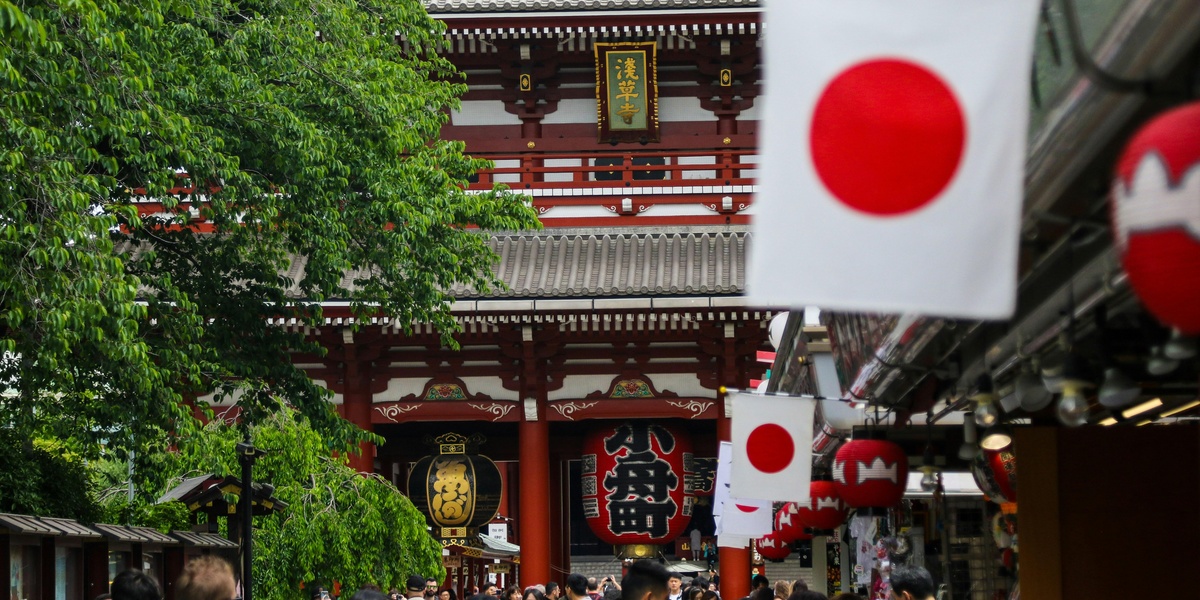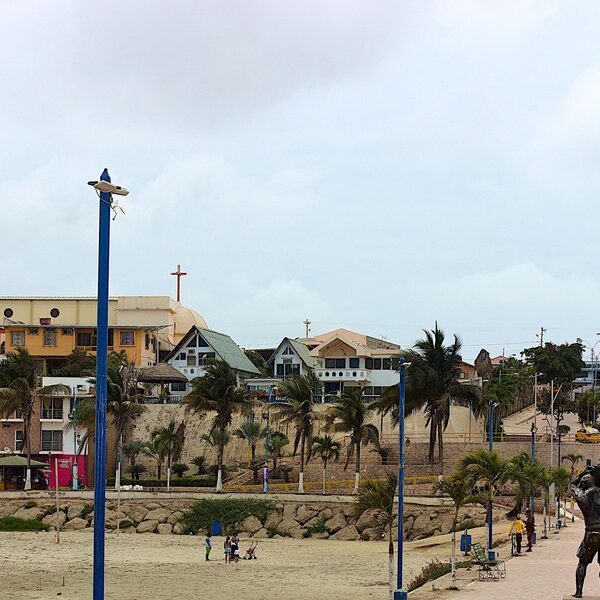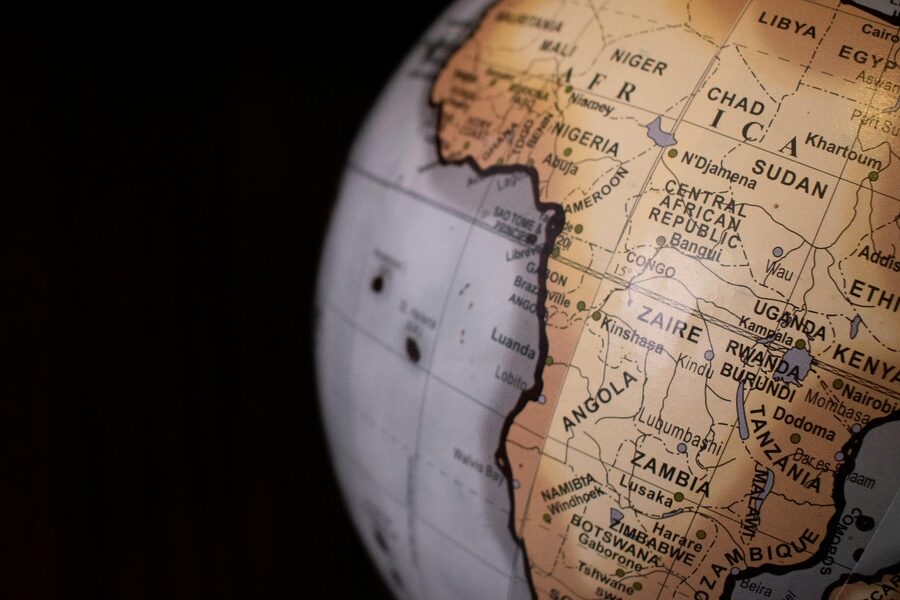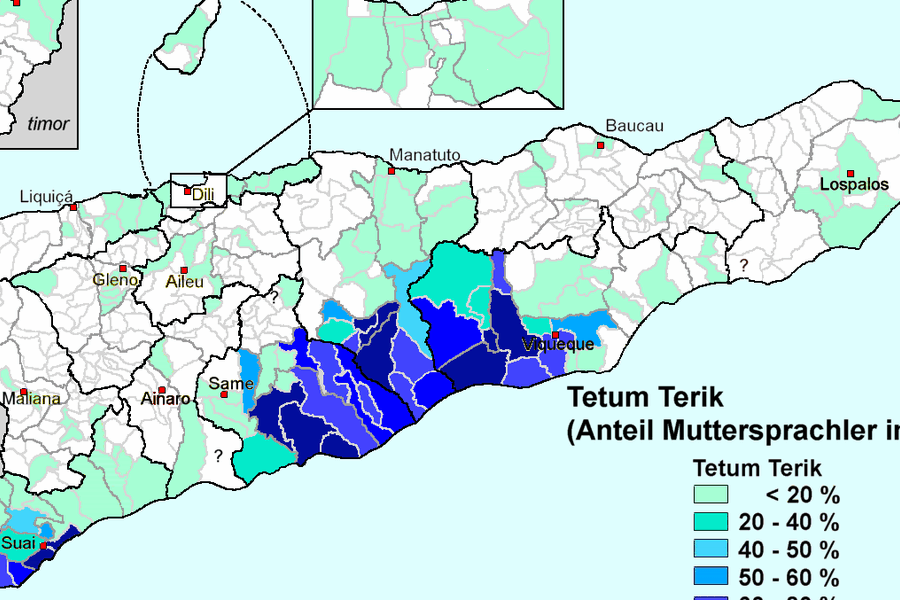Japanese is spoken far beyond the islands of Japan — in neighborhoods, businesses, schools, and cultural centers across many countries where communities and trade bring the language to life. Whether from migration, historical ties, or modern media and tourism, you’ll find pockets of Japanese speakers in surprising places.
There are 18 Countries that Speak Japanese, ranging from Argentina to United States; for each country you’ll find below the data organized into Flag, Status, Speakers (est), so you can quickly see presence and scale — you’ll find below.
How reliable are the “Speakers (est)” numbers and where do they come from?
Estimates combine census figures, community surveys, embassy reports, and linguistic studies, so accuracy varies by country; small or recent communities often have wider margins of error, while official censuses give firmer counts. Use the numbers as indicators of relative size rather than exact totals.
Does “Status” mean Japanese is an official language in any of these countries?
“Status” indicates how Japanese is used locally — official, recognized in education, commonly used among communities, or mainly present through businesses and cultural centers. Very few countries list Japanese as an official language; most show it as a community or educational presence.
Countries that Speak Japanese
| Country | Flag | Status | Speakers (est) |
|---|---|---|---|
| Japan | 🇯🇵 | Official | 125,000,000 |
| United States | 🇺🇸 | Large diaspora | 500,000 |
| Brazil | 🇧🇷 | Large diaspora | 100,000 |
| Peru | 🇵🇪 | Recognized minority | 30,000 |
| Canada | 🇨🇦 | Large diaspora | 60,000 |
| Philippines | 🇵🇭 | Large diaspora | 40,000 |
| Australia | 🇦🇺 | Large diaspora | 50,000 |
| China | 🇨🇳 | Large diaspora | 120,000 |
| South Korea | 🇰🇷 | Large diaspora | 60,000 |
| Taiwan | 🇹🇼 | Large diaspora | 30,000 |
| United Kingdom | 🇬🇧 | Large diaspora | 60,000 |
| Germany | 🇩🇪 | Large diaspora | 30,000 |
| Thailand | 🇹🇭 | Large diaspora | 60,000 |
| Argentina | 🇦🇷 | Large diaspora | 30,000 |
| Mexico | 🇲🇽 | Large diaspora | 15,000 |
| New Zealand | 🇳🇿 | Large diaspora | 20,000 |
| Singapore | 🇸🇬 | Large diaspora | 40,000 |
| France | 🇫🇷 | Large diaspora | 30,000 |
Images and Descriptions

Japan
Japanese is the national and official language of Japan, spoken across the country in government, schools, media, and daily life. It’s the origin of the language and home to virtually all native speakers and the standard dialects used worldwide.
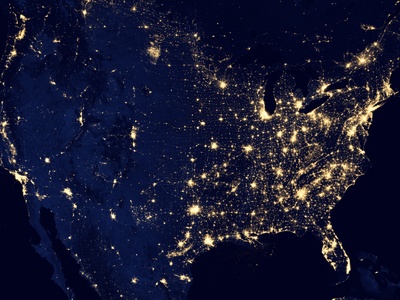
United States
Large Japanese-American communities in California, Hawaii, and major cities; long immigration history, business ties, and postwar migration maintain fluent speakers. Includes both long-established Nikkei families and recent expatriates and students.

Brazil
Home to the world’s largest Nikkei community outside Japan, concentrated in São Paulo. Migration from early 20th century created a historically notable diaspora; speakers include older generations, community schools, and recent returnees.

Peru
Historic Japanese community dating to early 1900s immigration, with concentrations in Lima. Cultural legacy is prominent despite language shift; a noticeable number of older and heritage speakers, plus expatriates and business ties with Japan.

Canada
Japanese-Canadian communities in British Columbia and Ontario include longtime families and newer professionals. Japanese is used in community schools, cultural centers, and among immigrant families and expatriates in major cities.
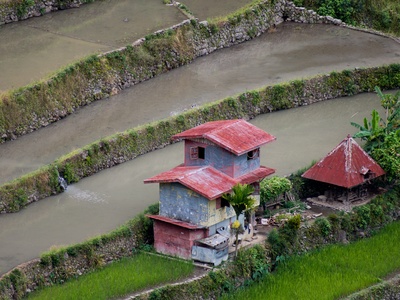
Philippines
Significant Japanese resident population in Manila, Cebu, and tourist areas. Presence driven by business, retirees, and tourism; both Japanese nationals and Filipinos working in Japan-related industries contribute to fluent speaker numbers.

Australia
Japanese expatriates, students, and business communities concentrated in Sydney, Melbourne, and Brisbane. Language presence stems from trade, education exchanges, and a visible cultural community with schools and language programs.

China
Major Japanese expatriate populations in Shanghai, Beijing, and other coastal cities, plus Chinese nationals fluent in Japanese for business and tourism. Historical ties and extensive trade drive significant resident and bilingual communities.
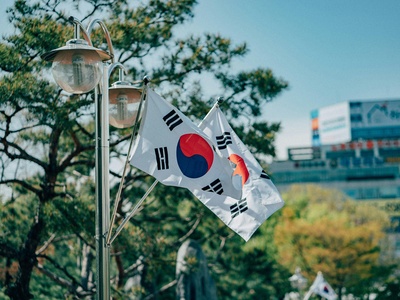
South Korea
Proximity, historical links, tourism, and business create notable Japanese speaker communities in Seoul and Busan. Includes Japanese expatriates, Koreans fluent in Japanese for work and trade, and families with bilingual backgrounds.

Taiwan
Historical colonial ties left older generations who still speak Japanese; modern ties include tourism, business, and Japanese expatriates in Taipei. Japanese is widely learned and used especially in hospitality and cultural exchange.
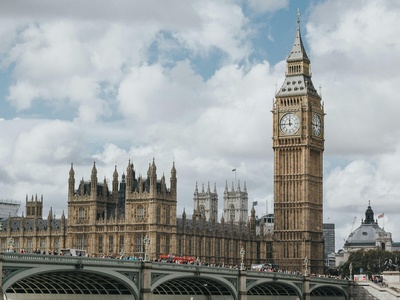
United Kingdom
Japanese communities in London and university towns include business expatriates, students, and families. Japan–UK trade and academic exchange sustain a visible Japanese-speaking population and cultural institutions.

Germany
Japanese residents concentrated in Düsseldorf, Berlin, and Munich for business and academia. Longstanding corporate ties and student exchanges support Japanese-language schools, cultural centers, and local bilingual communities.
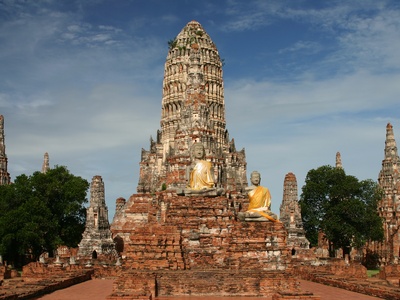
Thailand
Major Japanese expatriate communities in Bangkok and resort areas driven by business, tourism, and retirees. Japanese schools, companies, and cultural clubs maintain the language among both nationals and locals working in Japan-related sectors.

Argentina
Historic Nikkei community established in the early 20th century, mainly around Buenos Aires. Cultural influence persists through associations and schools; a number of heritage speakers and renewed interest from younger generations.
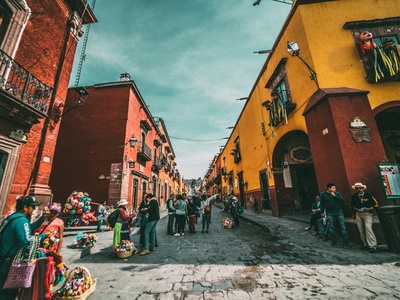
Mexico
Early 20th-century immigrants and postwar ties created Japanese communities in Mexico City and Baja California. Present-day speakers include descendants, expatriates, and businesspeople involved in trade with Japan.

New Zealand
Japanese residents and students in Auckland and Wellington, driven by education, tourism, and business links. Community schools and cultural exchanges maintain Japanese usage among families and expatriates.
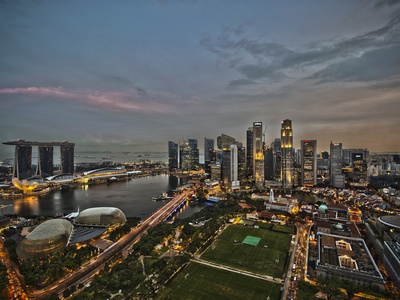
Singapore
Significant Japanese expatriate community and regional headquarters for many companies; concentrated in business districts and international schools. Japanese is common in corporate, retail, and school settings among residents.

France
Japanese communities primarily in Paris and cultural hubs include businesspeople, students, and long-term residents. Strong cultural and academic exchange fosters Japanese-language schools, media, and community associations.

